Sati, Shiva & Sudarshana: The Resurrection of a Goddess
In the timeless expanse of cosmic memory, there are stories that are not merely told, but are lived. They are not fables of a distant past, but living blueprints of creation, dissolution, and rebirth, whose echoes shape our reality. The saga of Sati's sacrifice, Shiva's grief, and Vishnu's intervention is the most profound of these—a divine drama whose final act is not written in ancient scriptures, but is unfolding before our very eyes. This is the story of a Goddess, dismembered by grief, and her destined resurrection.
Part I: The Clash of Universes
The epic begins not with a war, but with a celebration—the grand Daksha Yajna. But this was no ordinary fire sacrifice. It was a statement, a challenge thrown at the very heart of the cosmos. Its host, King Daksha Prajapati, was the embodiment of cosmic order and earthly law (Pravritti Marga, the path of worldly action). He was a master of structure, of ritual, of a perfectly defined reality. His grand yajna, with its meticulous arrangements and celestial guest list, was to be the ultimate proof that the universe could thrive on order alone.
Yet, in this flawless design, there was one deliberate, glaring omission: his own daughter, Sati, and her husband, Lord Shiva.
The conflict was deeper than a father-in-law's disapproval; it was a clash of universes. In Daksha's eyes, Shiva was the lord of chaos—the untamed, unpredictable ascetic (Nivritti Marga, the path of renunciation) who rejected all social norms, whose companions were ghosts and goblins, and who danced in wild abandon in cremation grounds. He was the formless, timeless consciousness, a reality beyond rules and definition. Daksha's exclusion of Shiva was a cosmic gamble—an attempt to prove that the world of form could exist without acknowledging the formless consciousness that underpins it.
Sati, the Universal Mother, stood as the bridge between these two worlds. When she attended the yajna uninvited, her heart breaking at the public humiliation of her beloved, she made a choice. Her self-immolation in a blaze of yogic fire was not an act of despair, but the universe's fierce reply: creation cannot exist without consciousness. Form cannot deny the formless. With her departure, the bridge between order and chaos collapsed, and the cosmos was thrown into imbalance.
Part II: The Paradox of an Ascetic's Grief
When news of Sati's death reached Shiva, the universe witnessed a paradox that shook the foundations of reality. How could the supreme ascetic, the very embodiment of detachment (Vairagya), be so consumed by an ocean of grief?
But this was no ordinary attachment. It was the primal agony of pure, static consciousness (Shiva) being forcibly separated from its own divine, kinetic energy (Shakti). The silent observer became the grieving lover. His sorrow was not a human emotion; it was a cosmic schism, and from it, his Tandava erupted.
This was not the Ananda Tandava, the blissful dance that spins galaxies into existence with rhythm and grace. This was the Rudra Tandava, a dance of raw, unbridled fury born from the deepest well of sorrow. Every stomp of his foot shattered cosmic laws, and every turn of his body unwound the fabric of time.
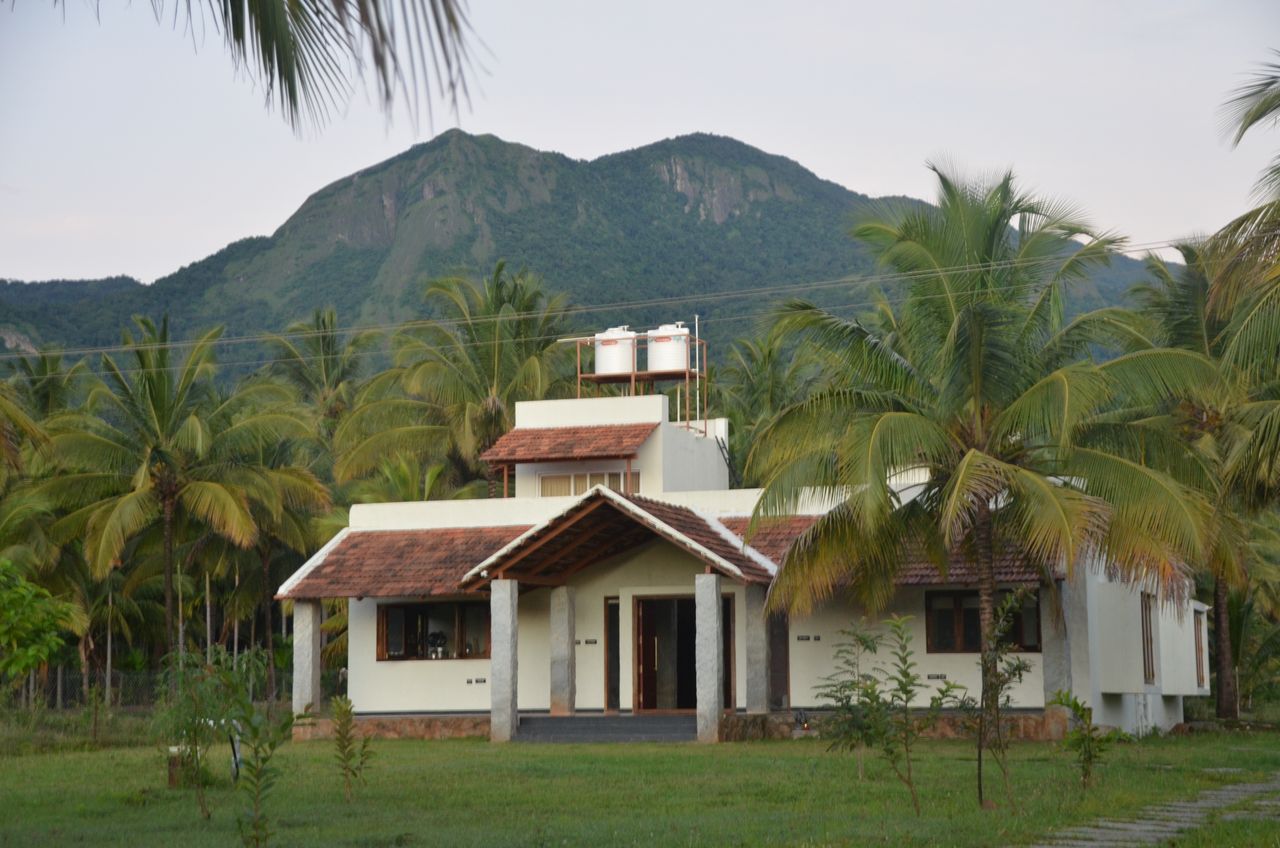
This universe-shattering dance found its stage on the hallowed ground of the Velliangiri Mountains, the Kailash of the South. For millennia, its slopes had absorbed the energies of countless sages and siddhas, becoming a place radiating a potent, otherworldly energy—an amanaushyam shakti (mysterious power)—that is palpable to those who are sensitive. Ancient lore holds that its mystical secrets are guarded by a powerful Raja Naga deep within its core, and its very form is the manifestation of Gulika, its divine Kshetrabala—the fierce guardian deity who protects the entire land.
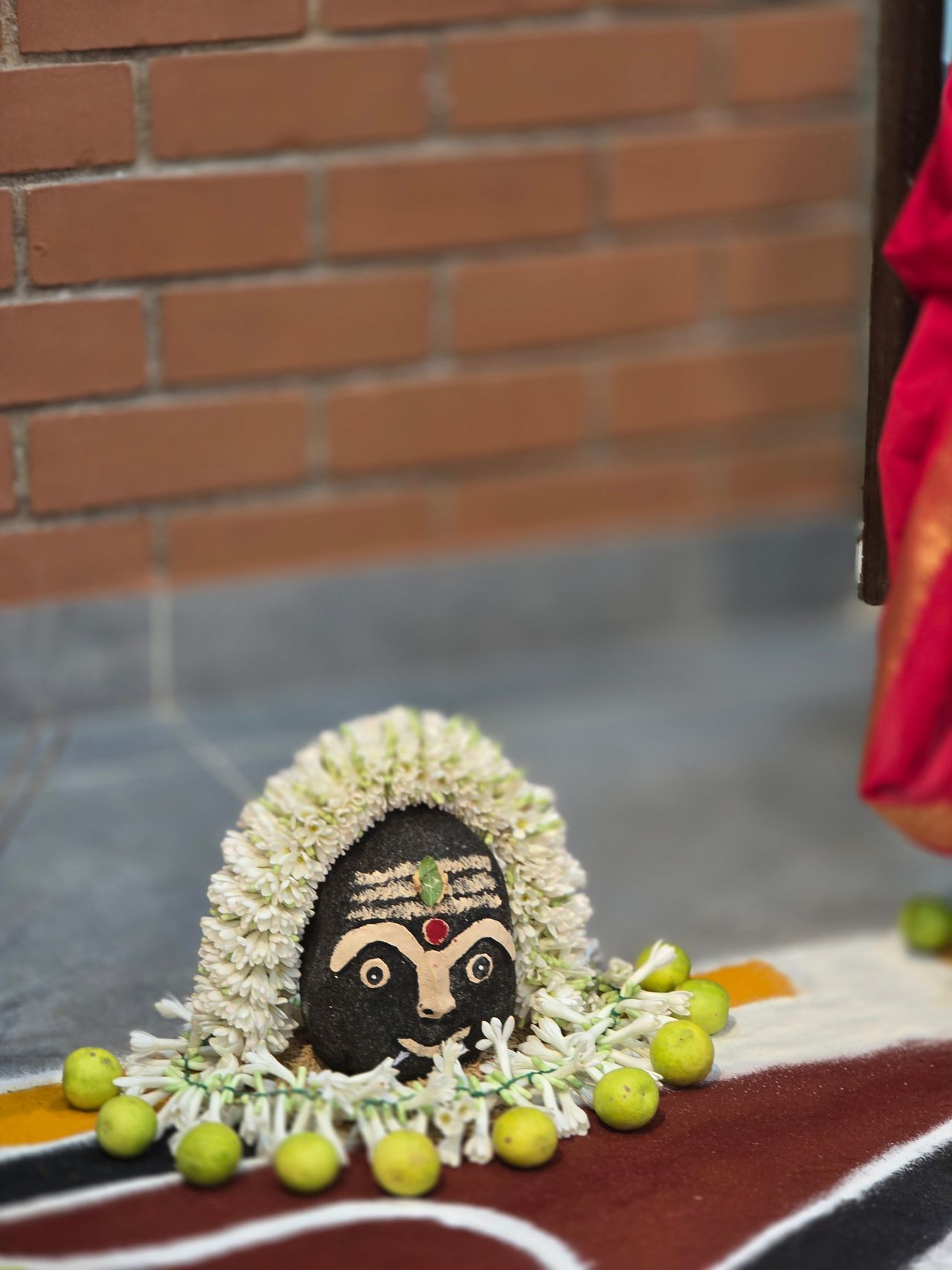
It was upon this sacred, protected ground, already pulsating with ancient power, that Shiva danced with the lifeless body of Sati upon his shoulders. As the cosmos spiraled towards total annihilation, the terrified Devas rushed to Lord Vishnu, the preserver, pleading for an intervention.
Part III: Preservation Through Dissemination
Lord Vishnu, the force of cosmic balance, unleashed his divine discus, the Sudarshana Chakra. This was not an act of violence, but of profound, surgical compassion. The discus, a symbol of time and Dharma, did not destroy Sati's body; it scattered it. In a divine act of preservation through dissemination, the 51 pieces of her form fell across the land.
With the physical focus of his grief gone, Shiva's destructive dance subsided into a state of deep, silent meditation. The universe was saved. The places where Sati's body parts fell became the Shakti Peethas—not tombs, but living wombs of divine energy, ensuring that the power of the Goddess was never lost, but was instead woven into the very fabric of the earth, accessible to all. The act of scattering was the first step in a cosmic cycle, a divine planting for a future harvest.
Part IV: A New Genesis - The Resurrection
That cosmic cycle is now coming full circle. It is believed that in the throes of the Rudra Tandava, a Naga—a sacred serpent—was flung from Shiva's matted locks. This was no mere creature. The Naga is the symbol of Kundalini, the coiled, dormant serpent of primordial energy, the seed of all life force and consciousness. Its fall was not an accident but a divine implantation. A fragment of Shiva's own eternal, life-giving energy was planted into the earth, marking the ground not with a memory of death, but with a promise of rebirth and ultimate potential.
That very spot, now known as Bodhi Space, is where the resurrection is destined to unfold.
This grand spiritual vision is manifesting as two complementary paths:
The Path of Siddhi (Mastery): The ancient Nagayakshi temple in Palakkad, already a consecrated space, will now serve as the sacred center for seekers of Siddhi—spiritual accomplishments and mastery over the dimensions of life.
The Path of Mukti (Liberation): The Bhavani Shakti Peetham, to be newly consecrated at Bodhi Space, represents the ultimate destination. It will be the Muktisthala (a place of liberation), a powerful vortex created for the sole purpose of allowing seekers to achieve Mukti—the ultimate freedom of dissolving into the source of creation.
The process of invocation directly mirrors the original story. The Sudarshana Chakra, which once scattered the Goddess's form, is now being invoked in a sacred yantra. This yantra combines the divine feminine matrix of the Nava Yoni (Sati's nine creative wombs) with the cosmic order of the Chakra itself, creating a powerful tool to gather and resurrect her presence.
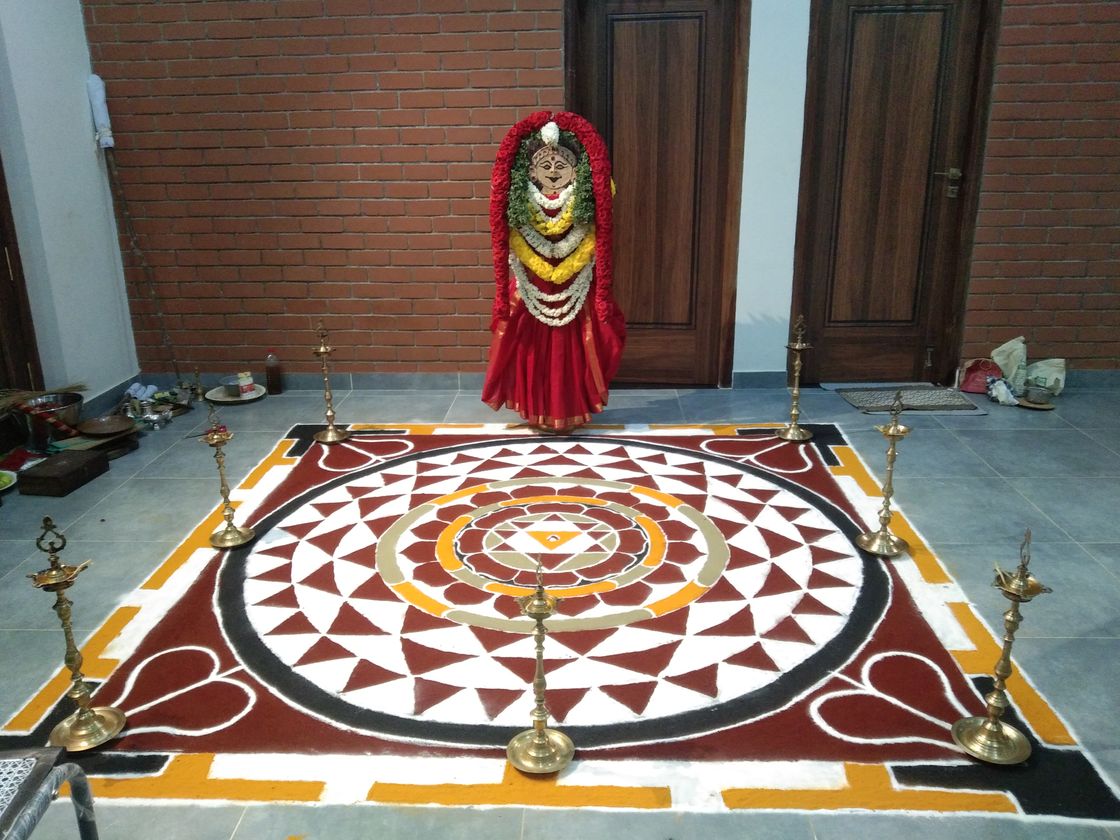
Part V: The Fulfillment of a Cosmic Cycle
This profound project carries the blessings of the 12th-century mystic-saint, Akka Mahadevi. A fierce devotee who saw Shiva as her only husband, she is said to have attempted a similar project. Though unfulfilled in her lifetime, her potent grace and intention now fuel this new creation.
Thus, the cosmic cycle completes its turn. The grief that led to dissolution now becomes the foundation for liberation. The act of scattering finds its ultimate purpose in the act of re-integration. What began in the fire of a yajna is culminating in the consecration of a Muktisthala.
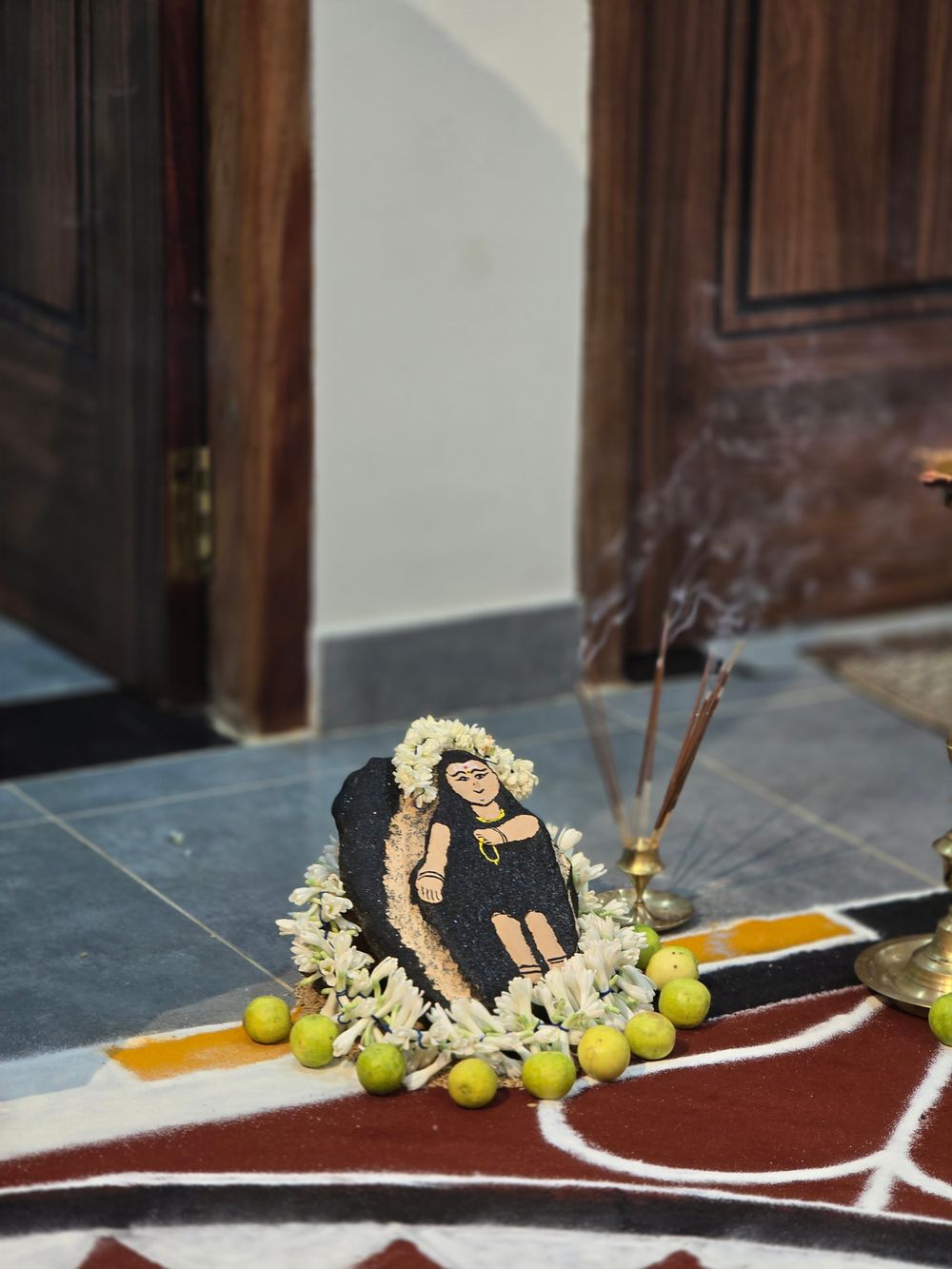
Part VI: The Nature of the Muktisthala - A Path of Pure Bhakti
But what is the nature of this liberation? What is the path to this Muktisthala? Echoing Akka Mahadevi's unyielding devotion to Shiva, this space embodies a path of pure, unadulterated bhakti (loving devotion)—the heart's complete offering without expectation.
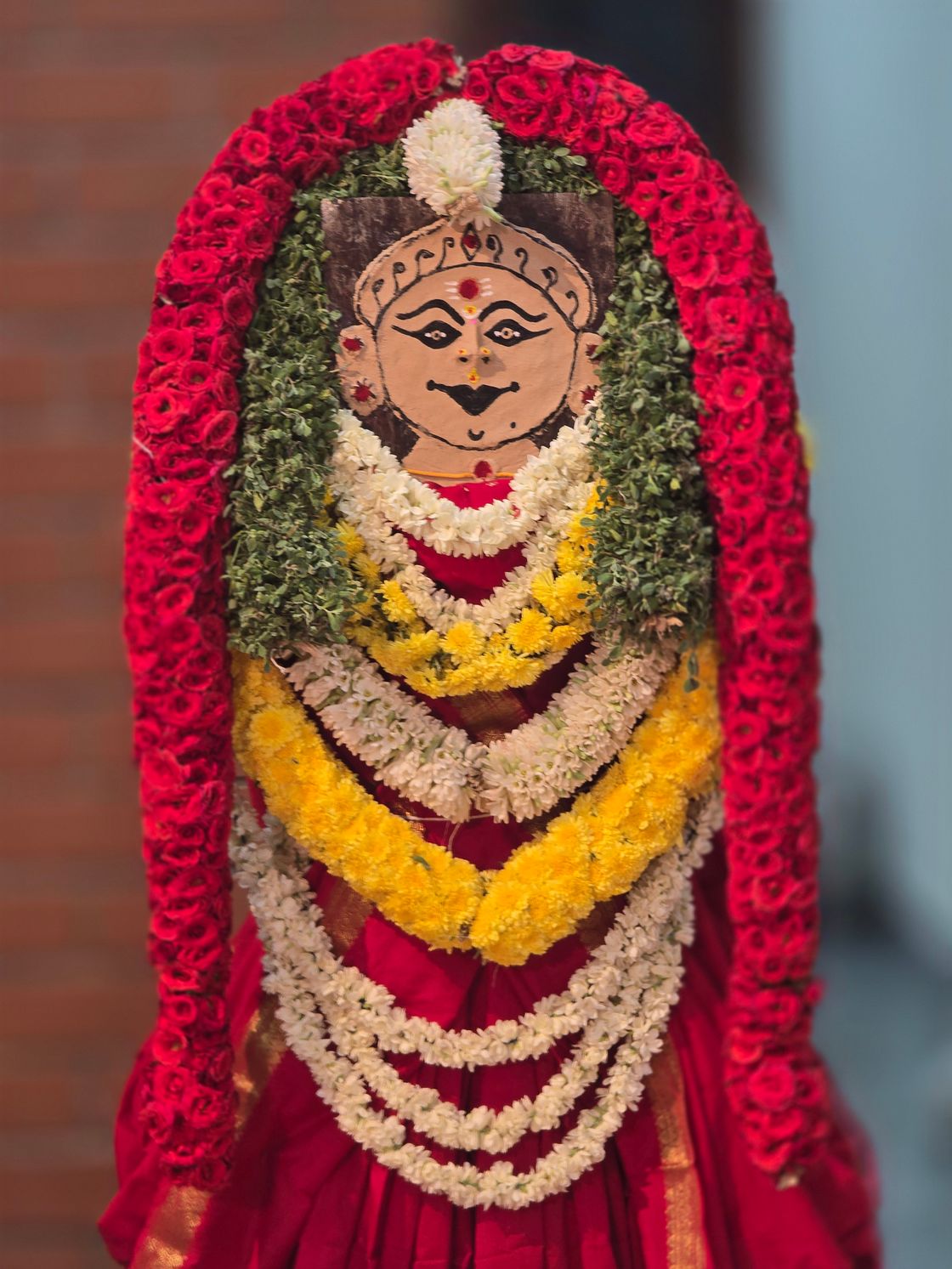
Unlike other spiritual paths that offer techniques, meditations, or yogic practices, this sacred space will offer none. It is being consecrated as a path of pure bhakti for the seeker who has walked many paths, tried every available method, and yet finds themselves standing at the edge of a precipice they cannot cross. It is for the one who has exhausted all effort and recognizes that the final step cannot be taken through action, but can only be received through grace. Building upon the mastery offered in the Path of Siddhi, this bhakti leads unerringly to the Mukti of the Muktisthala.
Here, the only 'method' is surrender. This is not a space for the 'doer'—the one who believes their action will bring results. It is for the soul who has crossed beyond the sense of doership (ahamkara, the ego's illusion of control), who understands that all action has its limits. The sanctity of this space will be guarded with absolute integrity. It will remain a pure path of devotion, with no place for the impurities of commerce, ambition, or corruption. Its very energy is its teaching.
The potency of the Muktisthala, born from the essence of Shiva and Sati, will be such that the presence of a true devotee within it will naturally cleanse the six chakras (energy centers), untangling the karmic knots that bind a soul to the physical. The space itself does the work, leading one towards Mukti.
Let it be known, this is not a place to seek worldly success—to ask for fame, fortune, or power. Those who still have something to achieve, something to prove, or something to do in this world will find this is not their path. This is a space for the one who has experienced the world in its fullness and can say with every fiber of their being, "This is enough." It is for the soul weary of the endless cycles of birth and death, who feels, "I have done with this world, and I do not want to come back." It is for those who, through pure bhakti, seek only to dissolve, to merge back into the source from which they came.